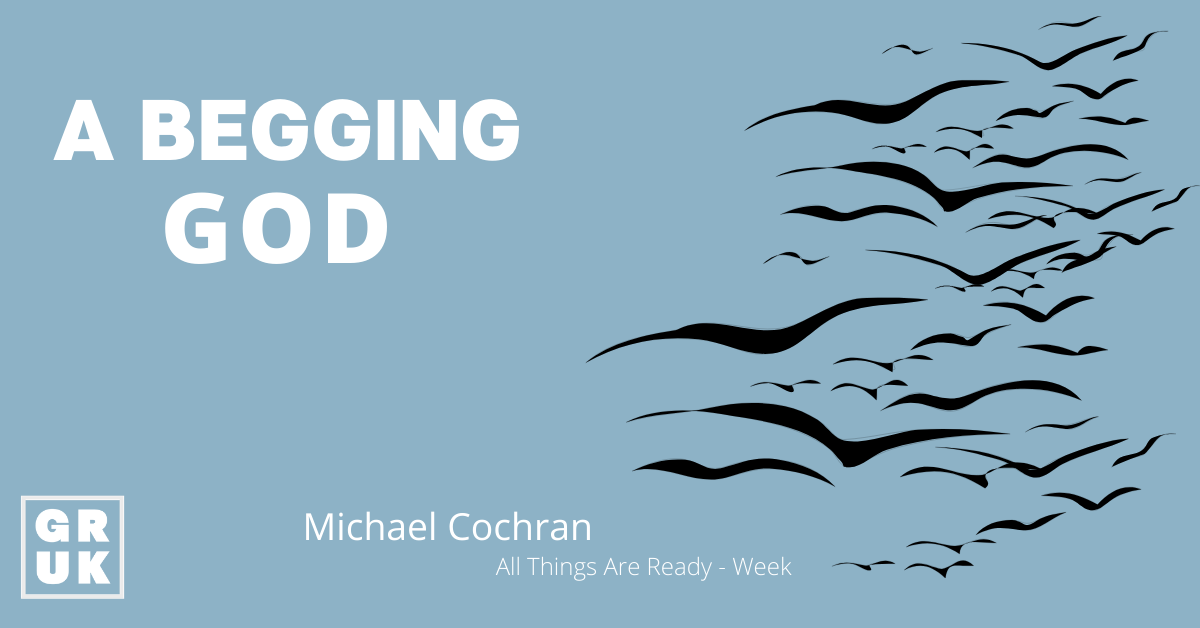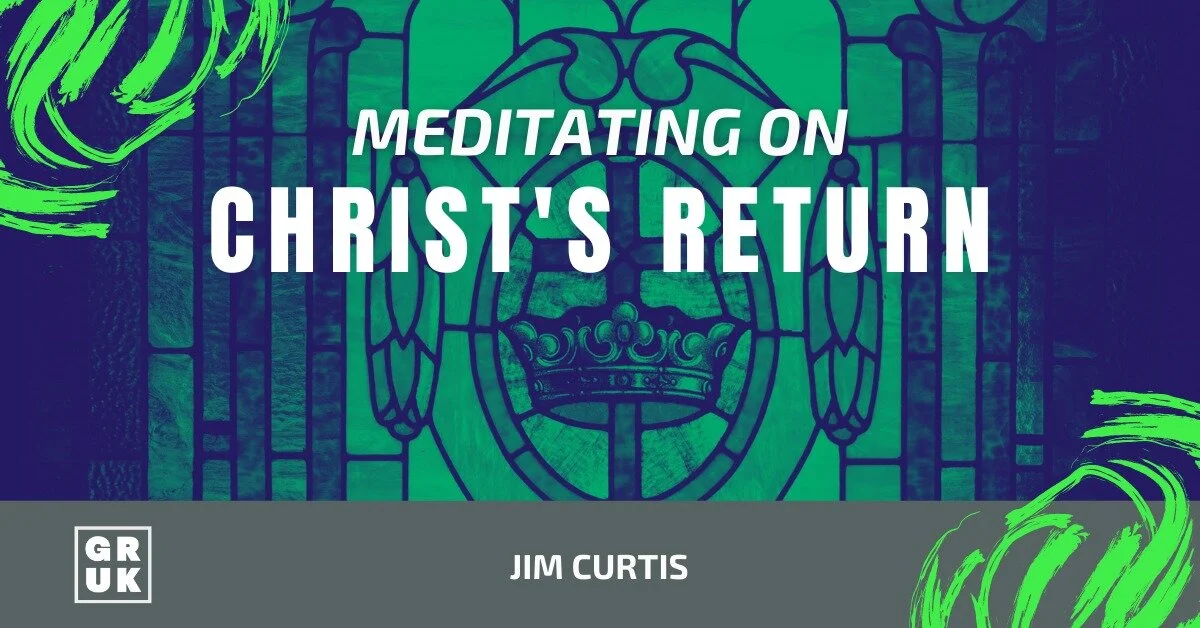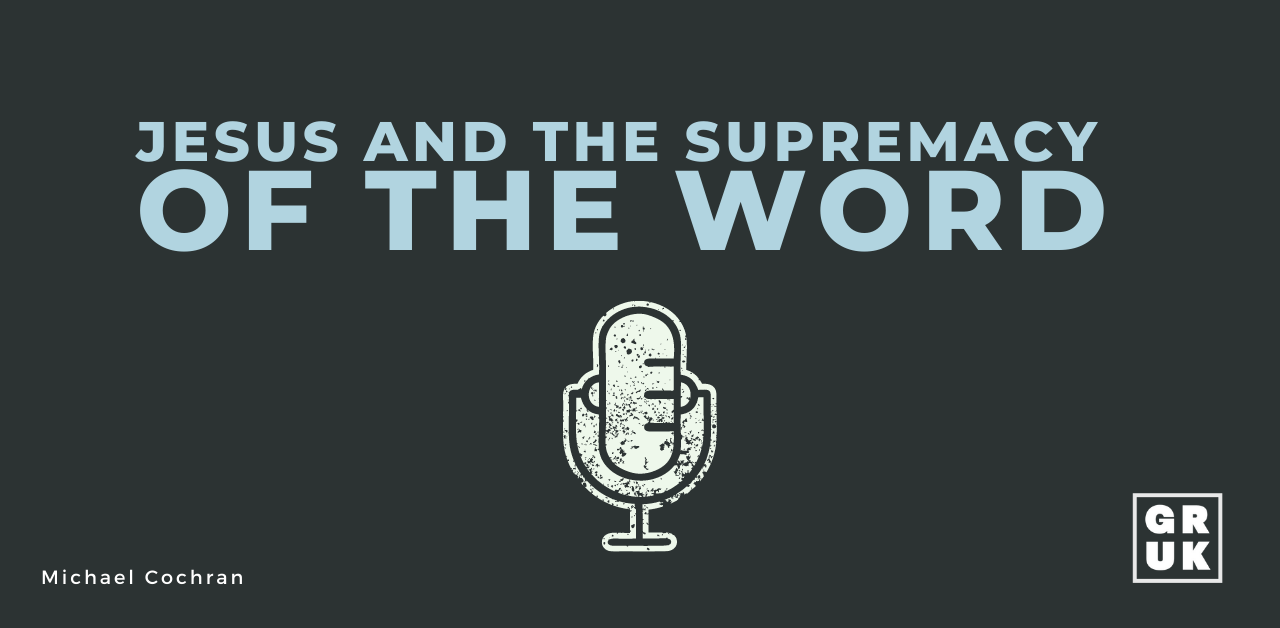Observing Lent as a Protestant
It’s that time of year. You scroll through your Facebook feed and see numerous declarations of sacrifice as your friends share what they will be giving up for Lent. If you’re anything like me, you might wonder — why do they do it? How has a Catholic/Anglican Church tradition become a practice of mainstream Protestants?
First off, we need to define a few things. It’s important to remember that the word ‘Protestant’ comes from the word ‘to protest’. It’s easy to see it as a marker of a ‘denomination’ or groupings of denominations i.e., all those who are not Roman Catholic or Eastern Orthodox. But properly (and historically) speaking, it is those who were birthed out of the Protestant Reformation — those who, like Luther, Calvin, and others, protested the physical and spiritual abuses of the Church of Rome.
Now, celebrating Lent is not of the same bad theological level as selling indulgences; we should make that clear at the outset. But should a Protestant observe Lent, and if so, how?
I think there can be an appropriate (and even useful) way for a Protestant to observe Lent, but it must be distinguished from the less appropriate motivations for observing this tradition. Here are a few ways we can make sure we are making that distinction.
First, it is good to get rid of the cruft — those outward symbols and practices that are purely made up and have no basis in Scripture. The Bible commands two sacraments: Baptism and the Lord’s Supper. These have meaning and promises (hence why we refer to them as ‘sacraments’). They are commanded by God, and they accomplish something. Putting ash on your forehead does nothing but make your forehead dirty.
Second, let’s give up the ‘giving up’. We are told by Paul that whatever we do, do it to the glory of God (1 Cor 10:31). If you consider the things that most people give up for Lent, such as social media, chocolate, Papal traditions … (the last one is a joke), they tend to fall into one of three camps:
Something which is bad and you should not be doing anyway.
Something which is good, in which case, why are you giving it up?
Or something which is indifferent, in which case, it does not matter.
We are not called to ‘feel bad’ and ‘abstain from things’ in an attempt to feel the weight of our sins or identify with what Jesus felt as he was crushed by our sins. The Word of God accomplishes that, as does a properly ordered worship service (as Carl Trueman states as only Carl can), with the accompanying assurance of pardon.
Which brings me back to my main question: how can Protestants observe Lent? We can do that by reflecting upon what Easter is all about. We can do that by reading the Psalms (particularly penitential psalms: 6, 32, 51, 102, 130, 143); we can do that by reflecting on the passion narratives (you have 4 of them!); we can do that by confessing our sins and fleeing to Christ.
If anything, Lent should just be like an Advent for Easter — a time of preparation, meditating on God’s Word, spending time in God’s presence, enjoying Sabbath rest and public worship. But just like Advent, we can do all these things throughout the whole year. So, if you want to fast (as in real biblical fasting) during Lent, go ahead. Fasting is something we should be doing. If you want to use Lent as a time to reflect more deeply on Jesus Christ, his mission, work, and redemption, do it. Be blessed by it. But do not confuse man-made traditions with biblical piety and practice.
We at GRUK do hope you have a wonderful lead-up to Easter - Christ is Risen! In that vein, Sinclair Ferguson’s Easter devotional ‘To Seek and Save’ would be a wonderful way to meditate on Luke’s Gospel and upon Jesus Christ’s work. [buy from Goodbook.co.uk]
















